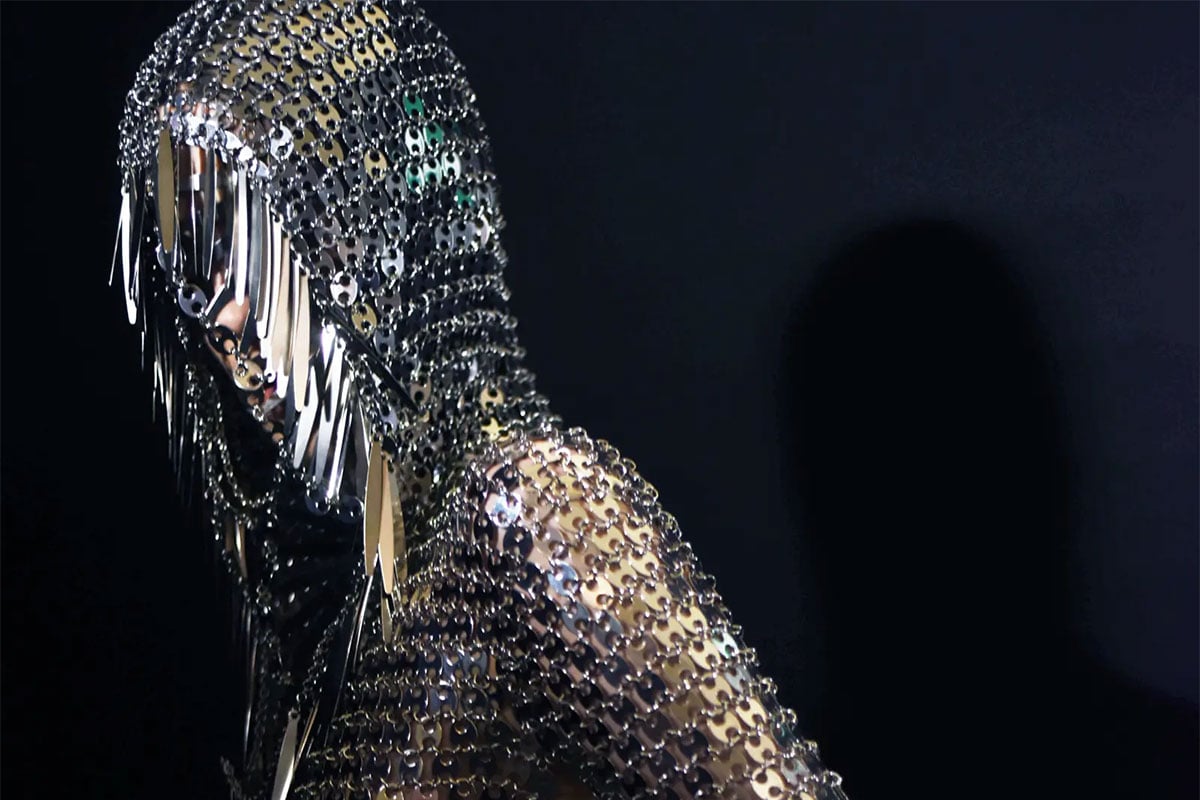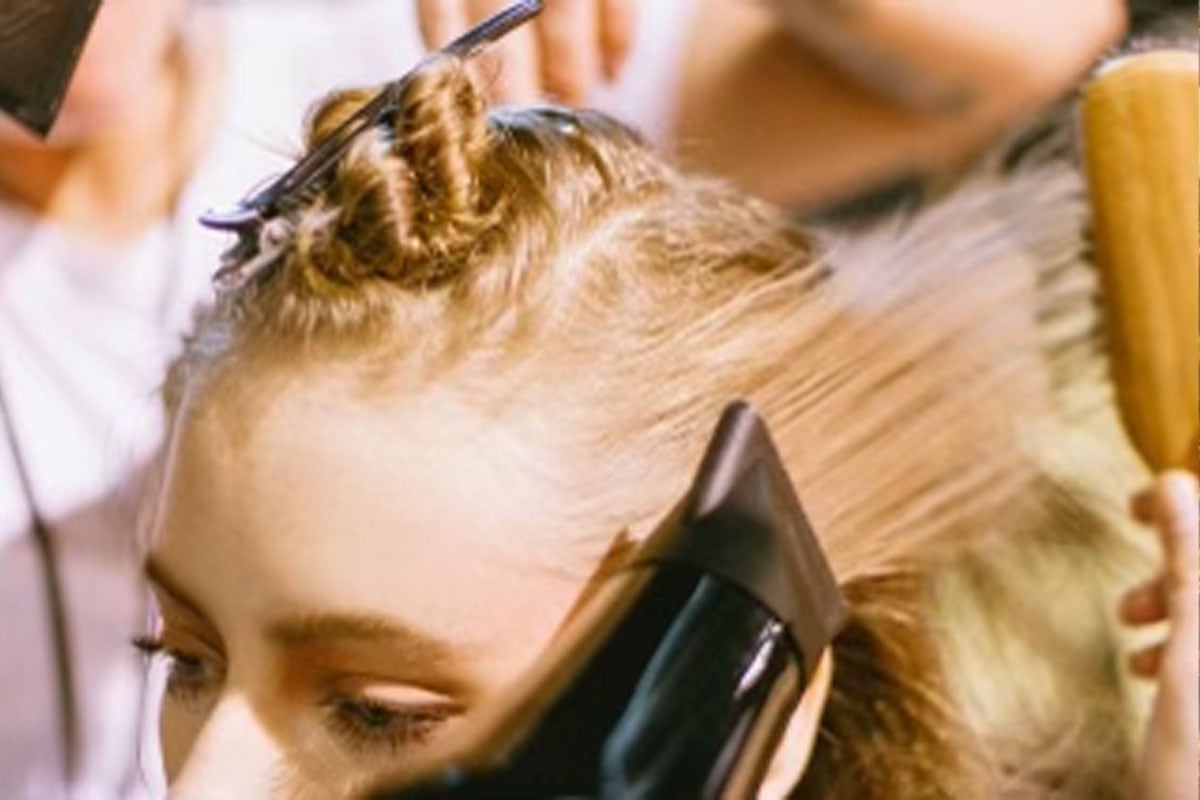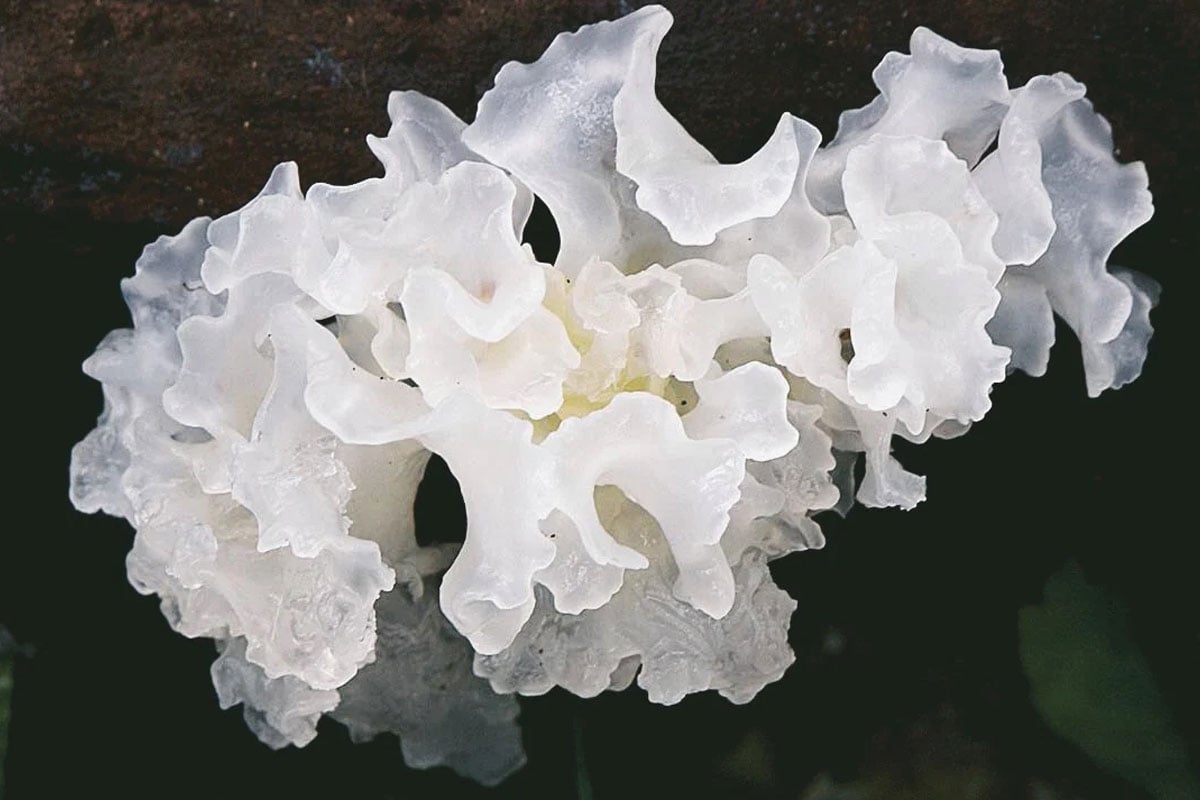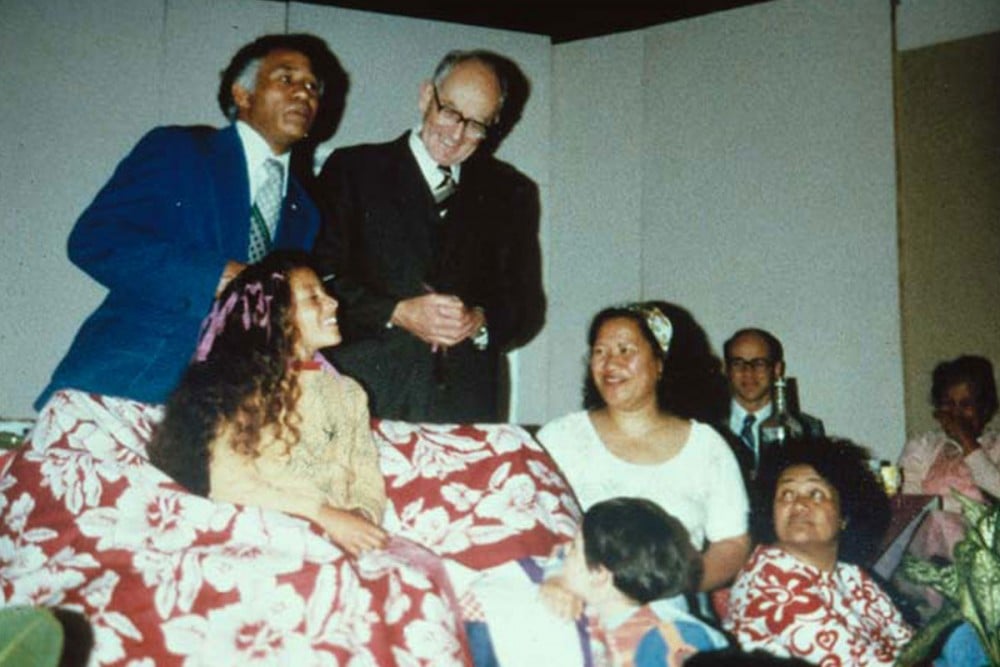
Image via teara.govt.nz
Niue is a raised coral atoll in the pacific ocean situated between Tonga, Samoa and the Cook Islands. With a population of 1700 it is one of the world’s smallest island nations.
Hifi ulu is a Niuean boy’s first hair cutting ceremony - an important tradition that has been verbally passed down through families and generations of Niuean people.
Hifi ulu marks the rite of passage when a first-born son begins his journey into manhood. It symbolises the love of the parents and grandparents for their sons, as well as a display of family solidarity, wealth and status. A boy’s parents decide when this ceremony takes place; traditionally it was early teens but these days it usually takes place around the age of 5, before he starts school.
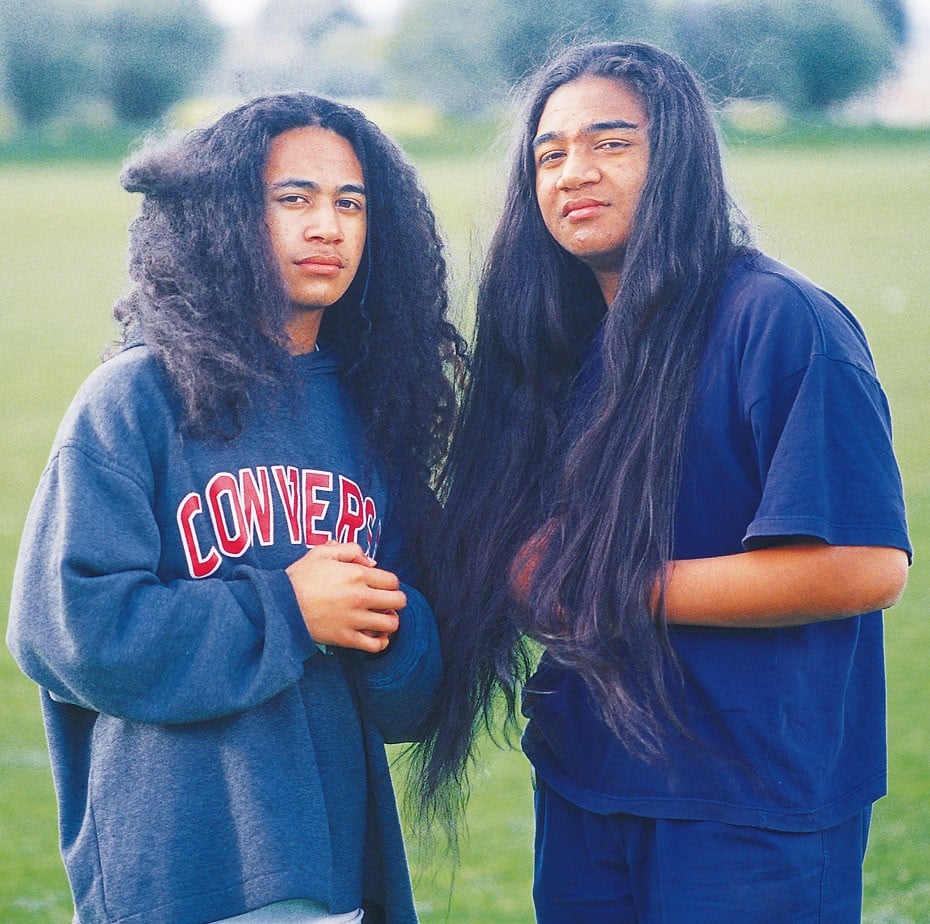
Image via nzgeo.com
Prior to the ceremony, which can take months to prepare, the son’s hair is blessed by a minister. On the day, it is tied into locks using coloured ribbons and sometimes it’s braided. The boy takes his place at the front of a vibrantly decorated room, sitting on a throne-like chair, adorned with colourful Lavalava. Here he will remain for the entire ceremony, while the speeches, songs, performances and cutting ceremony takes place.
Family members and guests of honour are invited to the stage to cut a lock of hair tied with ribbon and in return offer money and gifts of quilts, table cloths and cushions, which are looked after by the parents until he reaches manhood. The hair is usually taken by the guests, and the money gifted is saved for his future education after the celebration costs are paid or in some cases, returned to family. The cutting ceremony is then followed by a celebratory Niuean feast prepared by extended family members.
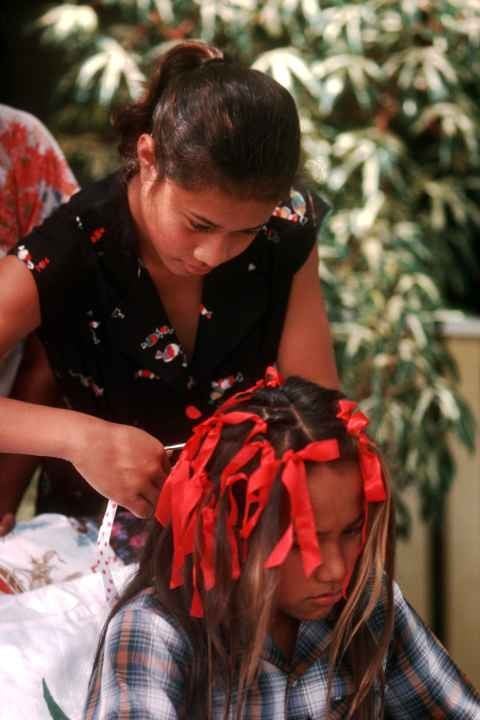
Image via ozoutback.com
Similarly for girls, a huki teliga or an ‘ear-piercing’ ceremony takes place. Ears are pierced for the first time since birth usually by the family doctor. She is adorned with gifts and well wishes for her future.
Today, the tradition of Hifi ulu is survived in Niue and by Niuean people around the world; with between 90 - 95% living in New Zealand. These days it is not only reserved for the first-born son but for all or any sons to mark the honour. It is a cultural tradition equally, if not more important than a 21st birthday, wedding or graduation.
Information was gathered from the following sources:
https://www.rotoruamuseum.co.nz/blog/2017/10/15/niue-language-week-vagahau-niue-language-week-2017/
https://www.everyculture.com/Ma-Ni/Niue.html
https://www.niueisland.com/facts/
